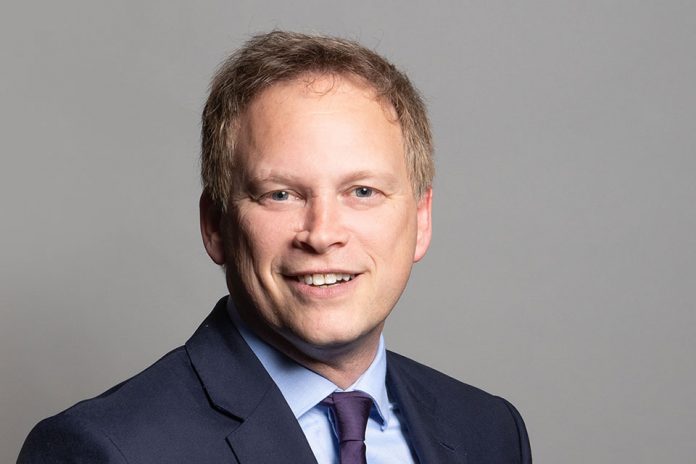The Government and the Mayor of London have agreed a second extraordinary funding and financing package for Transport for London (TfL) for the period to 31 March 2021. It replaces the agreement signed in May. It will ensure the continued operation of public transport services in London and is proof of our commitment to supporting the capital and the transport network on which it depends.
As with the national rail network, the government will make up the revenue which TfL has lost due to the COVID pandemic over the period. The new package comprises a central funding scenario of £1 billion – made up of £905 million grant funding and £95 million borrowing – with flexibility for changing the grant payment in response to changing passenger demand.
Actual payments are likely to be greater than £1 billion because of the move to national COVID restrictions. TfL continues to need substantial support due to the significant fall in revenue caused by COVID-19. However, choices made in the preceding 4 years have made TfL less resilient to the impacts of the pandemic and this is why it’s of vital importance that the Mayor brings forward plans to re-establish a trajectory to financial sustainability as soon as possible.
As well as the conditions in the package agreed in May, the new agreement, therefore, sets out further measures to put TfL on a sustainable financial footing as soon as possible.
Over the next 6 months, the Mayor will impose fare rises of Retail Price Index (RPI) plus 1 per cent on all modes from January 2021, maintain the central London congestion charge at the hours and level to which it was increased in June, maintain the withdrawal of 60-65 Pass and 66+ Freedom Pass concessions in the morning peak, and make a further £160 million in-year savings, additional to those already planned, with the exception of active travel, which will remain as in the first half of the year.
TfL will co-operate with a government-led review of driverless trains. The 2 government special representatives will continue to attend TfL board and panel meetings. A new government-led working-level oversight group will be created. By 11 January 2021, TfL will produce a single, comprehensive management plan with options as to how a trajectory to financial sustainability by 2023 can be achieved. Any grant from government to support London must be fair for UK taxpayers.
If the Mayor wishes Londoners to continue to benefit from travel concessions and/or other benefits above those typically available elsewhere in England, he and TfL have recognised that the costs of these additional benefits will not be met by the government and that they will meet these costs themselves, without recourse to additional borrowing, savings, service changes or deferrals.
TfL and the Mayor have proposed that this could be done by an increased council tax precept from April 2021. They will submit their proposals by 11 January 2021, alongside the fiscal sustainability plan. The government will take all steps necessary at the appropriate times to enable this proposal.
Extending the congestion charging zone to inner London has been ruled out by both the government and the Mayor. National travel concessions including free travel to school for those who qualify under the 1996 Education Act will continue to be funded by the government. The Freedom Pass for pensioners and the disabled will continue as now. It’s not funded by TfL or the Mayor.
You can read the full agreement on the GOV.UK website.







